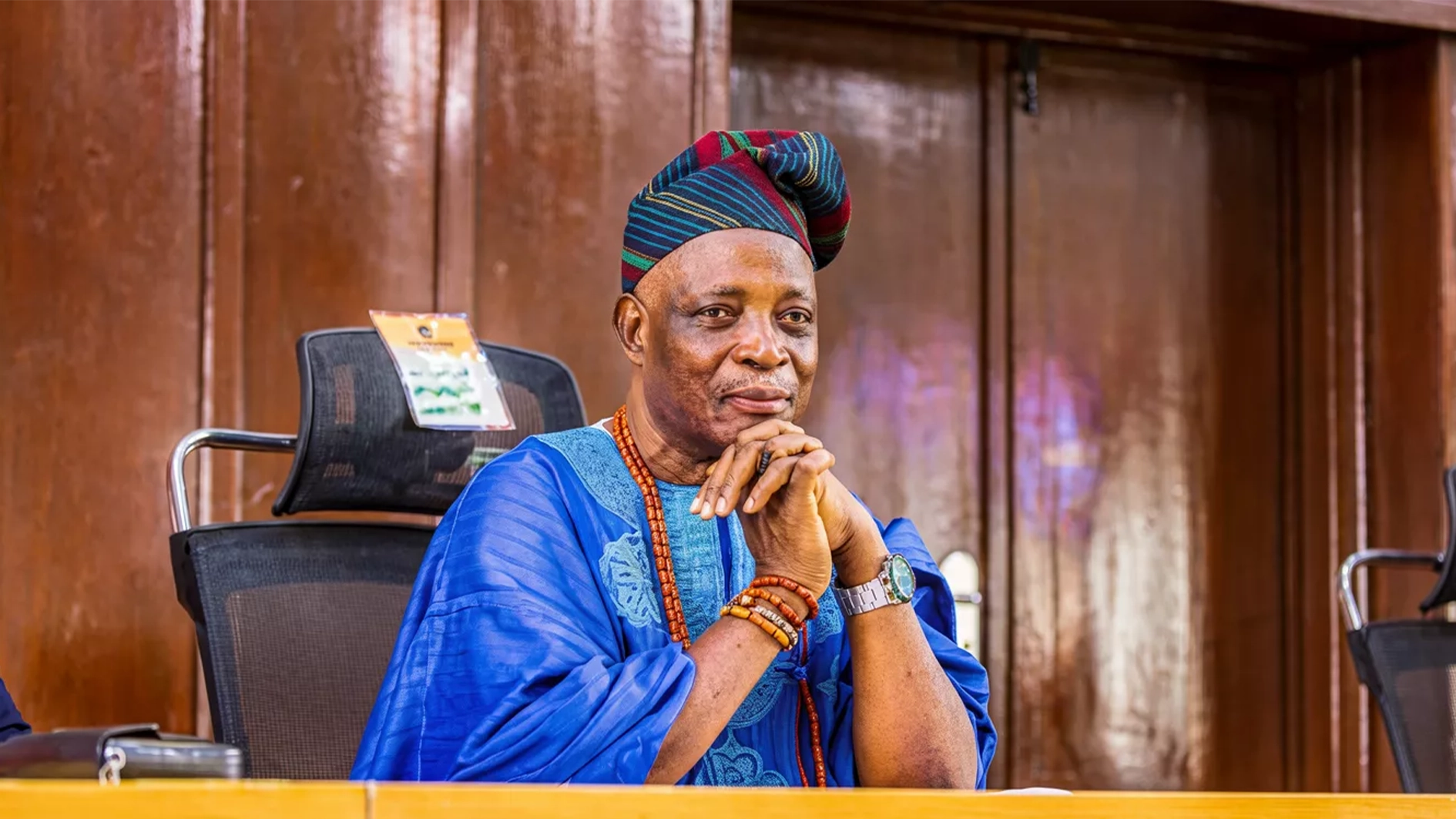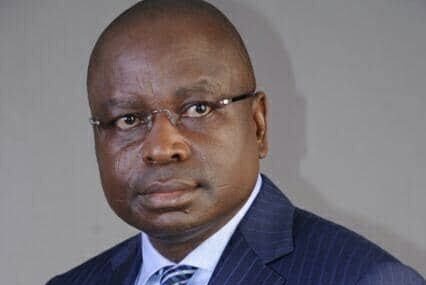 • Education ministry plans budget, defence with N285m
• Education ministry plans budget, defence with N285m
• Experts describe curriculum as ‘dead on arrival’
• Change in ministry leadership responsible for setback, says QEDA
The Federal Ministry of Education is to defend and produce its budget with N285 million.
Meanwhile, the planned implementation of a new curriculum for basic schools by January 2025 is facing significant uncertainty due to the Federal Government’s slow pace in preparing for the rollout.
Education experts have, however, condemned the revised curriculum, labelling it ‘dead on arrival’.
For Quality Education Development Assurance (QEDA), the issue is the ambiguity surrounding the commencement as well as the recent change in ministry leadership.
Particularly, while the education ministry will defend the 2025 budget with N175 million under the ‘ERGP30204384 Budget preparation, Defence and Administration Ongoing’, the headquarters will equally produce the 2026 budget with N110 million under the 22021014 Annual Budget Expenses and Administration.
These figures were obtained from the 2025 appropriation bill presently before the National Assembly.
President Bola Tinubu had, last week, presented a budget of N49.7 trillion for the 2025 fiscal year to a joint session of the federal legislative body.
Findings by The Guardian showed that in the 2024 Appropriation Act, the National Assembly approved “ERGP30204384 Budget Preparation, Defence and Administration” to the tune of N175 million and N112,336,266 for budget preparation.
With the 2024 Appropriation Act having 12 pages for education, the development implies that it costs at least N9.363 million to produce one page of education budget.
The 2025 proposal is part of the ministry’s N527,206,158 Miscellaneous budget.
A breakdown of the Miscellaneous proposal shows that while the ministry would spend N44,371,031 on refreshments and meals, ‘monitoring activities and follow up’ would gulp N70,261,031, while inspectorate would cost N120,337,797.
Others are honorarium and sitting allowance N26,626,486, medical expenses N15,166,986, postages and courier services N5,055,662 among others.
Contrary to earlier promises by the Federal Government, the planned implementation of the new curriculum for basic schools in January may be delayed.
With just a few days to the end of the year, logistical challenges are hindering the implementation process, casting doubts on the government’s ability to meet the proposed date.
Investigations revealed that a major obstacle to the implementation is the delay in printing the document and distribution to schools across the country. Despite the government’s assurances that everything was on track, findings indicate that the necessary infrastructure and support systems are not yet in place.
Further, The Guardian can confirm that primary and junior secondary school teachers have not received the necessary training to effectively implement the new curriculum, as visits to schools revealed that teachers are still in the dark about the new curriculum and its implementation guidelines.
Specifically, investigations showed that basic school teachers have not received any formal training or orientation on the new curriculum.
At some schools visited in the Federal Capital Territory (FCT), teachers expressed frustration and anxiety about the impending implementation, citing lack of resources, inadequate training and insufficient support from education authorities.
“We have not received any training or material on the new curriculum,” said one teacher, who preferred anonymity. “We are not sure what is expected of us or how to implement the new curriculum effectively.”
Data obtained from the Universal Basic Education Commission (UBEC) revealed that as of Sunday, December 22, 2024, there were 171,027 basic schools, 1,686,535 teachers and 47,010,008 pupils in Nigeria.”
With the present curriculum for basic schools launched 12 years ago, the implication of the delay in implementing a new one implies that Nigerian students may continue to learn outdated and irrelevant content, potentially hindering their ability to compete globally and adapt to the rapidly changing world.
Stakeholders in the sector expressed concern that the 12-year-old curriculum no longer aligns with societal needs, technological advancements and emerging trends, ultimately affecting the quality of education and the prospects of Nigerian students.
This lack of preparedness raised concerns among educators and parents, who fear that the delayed implementation will have a negative impact on the quality of education.
Speaking in a meeting with heads of examination bodies in Abuja in October, the immediate past Minister of Education, Prof Tahir Mamman, announced that the new curriculum for basic schools would commence from January 2025.
Mamman said the revised curriculum would include 15 vocations such as plumbing, robotics, beekeeping, hairstyling and makeup, tiling and floor works, phone repairs and solar installation among others, stressing that the next three months would be used to train teachers, set up classrooms and engage with stakeholders on publicity, especially with private schools.
He explained that it was mandatory for all public and private schools from Basic 3 to Junior Secondary School 3.
The former minister disclosed that only 60 copies of the revised curriculum were available, assuring that more copies would be printed within the next three months before implementation.
The Guardian’s attempts to obtain a copy of the document were met with a bureaucratic bottleneck, as the ministry referred him to the Nigerian Educational Research and Development Council (NERDC), which redirected him back to the ministry.
Mamman was sacked by President Bola Tinubu a month later, and replaced with Dr Tunji Alausa, who, at his maiden press briefing last month, assured that there was no going back on the implementation date of the revised curriculum.
In a surprising twist, NERDC disclosed that the document was not yet ready for implementation, contrary to earlier expectations.
In a chat with The Guardian, the Council’s Chief Research Officer, Policy and Programmes Unit, Dr Chima Egbujo, said, “Copies of the curriculum would be unveiled before implementation. It is not public yet. It has not been unveiled.”
Stakeholders expressed dismay at the new turn of events despite the unveiling of the document at the 68th National Council on Education (NCE) meeting in Abuja in October.
NCE is the highest policy-making body in the education sector.
They wondered why the government and relevant authorities announced a specific implementation timeline, only to renege on their promise, leaving educators, students and parents confused.
Education expert, Abodunrin Oshimade, condemned the revised curriculum, labelling it “dead on arrival”.
The Cambridge-certified English tutor and author emphasised that the country’s schools face severe infrastructure challenges, which should have been addressed before introducing the new curriculum.
According to him, the introduction of the new curriculum is ill-timed, given the current shortage of qualified teachers, which he attributed to unattractive career prospects as well as a harsh economic climate.
For educator and public affairs analyst, Ifeanyi Ubani, hastily implementing the new curriculum without proper preparation could have detrimental consequences, ultimately causing more harm than good.
He said: “This development is quite concerning. This discrepancy raises serious concerns about the government’s preparedness and commitment to successfully implementing the new curriculum. The lack of teacher training and inadequate classroom setup are fundamental requirements that cannot be overlooked.
“It is crucial for the government to reassess its timeline, prioritise the necessary preparations, and ensure that teachers and schools are adequately equipped to support the new curriculum. Rushing into implementation without proper preparation may lead to chaos, confusion and, ultimately, a poor learning experience for students. Transparency and communication are key; the government should provide a revised timeline and a clear implementation plan.”
Team Lead of QEDA, Nurudeen Lawal, explained that a coordinated approach that “addresses constitutional constraints, re-examines roles and responsibilities, and explores innovative funding models is essential for effective curriculum implementation.”
This uncertainty, he emphasised, is exacerbated by the country’s federal structure, which renders enforcement of federal initiatives difficult.
“As a result, implementation will likely be patchy, with some states adopting the new curriculum through the efforts of organisations like UBEC, United Nations Children’s Fund (UNICEF) and Foreign, Commonwealth and Development Office (FCDO), while others may not implement it at all until the next review.
“In addition, the country’s constitutional constraints on education delivery must be addressed to create a more conducive environment for educational reform. This may involve re-examining the roles and responsibilities of different tiers of government in education, as well as exploring innovative funding models that can help bridge the resource gap,” he said.
He, therefore, called for the adoption of a ‘systemic approach’ that acknowledges the complexities of the education system and seeks to build capacity at all levels.
The Initiator, Creative Change Centre, Omole Ibukun, submitted that the government’s lack of investment in teachers, infrastructure and resources undermines the feasibility of implementing the new curriculum.
According to him, a participatory approach to policymaking, involving teachers and local communities, is necessary to address the education sector’s challenges.






